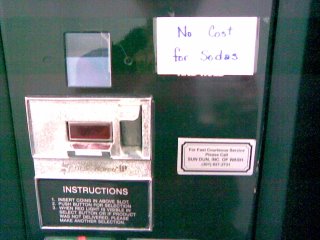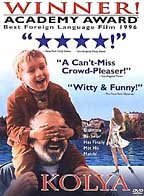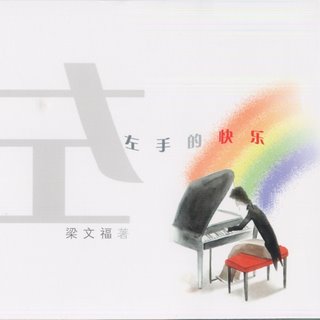
It was just 8.30am and quite many of my course mates were already drinking their favourite soda to their hearts content. I went to check out the vending machine, wow there are so many sodas to choose from, I counted, there are 16 different drinks! Coke, Diet Coke, Pepsi, Diet Pepsi, Sprite, Diet Sprite, Dr Peppers, Diet Dr Peppers, Fanta Grape, Fanta Orange, Fruit Punch, Root Beer, Ginger Ale, Cherry Coke, Lemon Tea, Mountain Dew.
I wondered if this is the cause of obesity in the States. Incidentally, on the same day, I read this report
Waistlines Continue to Grow in U.S from Associated Press:
There is no mention in the report that soda is the cause of obesity but those working in the soda industry will be similing if they were to know that during the duration of my training, some of my course mates can drink up to 2 or 3 sodas per day. I am no saint, I too was 'lured' into drinking but I choose Ginger Ale and Lemon Tea :) If you were to look at this scenario on a bigger scale, those lobbyist will probably be saying "Thank you for drinking soda".
 This brings me to the satire comedy movie 'Thank you for smoking' which I watched recently on krisworld. The story is about how the character Nick Naylor, deals with the public/his family and friends, being the person to hate, as he is a lobbyist in the smoking and tobacco industry.
This brings me to the satire comedy movie 'Thank you for smoking' which I watched recently on krisworld. The story is about how the character Nick Naylor, deals with the public/his family and friends, being the person to hate, as he is a lobbyist in the smoking and tobacco industry.Nick has a 12 year old son and he teaches his son to argue rather than to negiotiate to 'win'. In Nick's words, "That's the beauty of argument, if you argue correctly, you're never wrong".
I can remember two particular scenes:
Kid: My Mommy says smoking is bad for you
Nick Naylor: Oh, is your Mommy a doctor?
Kid: No.
Nick Naylor: A scientific researcher of some kind?
Kid: No.
Nick Naylor: Well then she's hardly a credible expert, is she?
In the other scene, Nick creates an analogy for his son about how arguing over whether smoking causes cancer is similar to an argument over whether vanilla ice cream is better than chocolate. They stage the fake argument and Nick begins twisting the discussion until he's talking about freedom of choice in ice cream flavors, something to the extend like there is truth as to chocolate is better than vanilla (vice versa) but people is free to choose which flavour they like. Flustered, his son says, "But that's not what we're talking about!"
"But that's what _I'm_ talking about," emphasizes Nick :)
Well, all I have to say is we are what we eat so we have to be responsible with what we consume. Yes life is short but don't blame the unhealthy food, blame ourselves instead and exercise if you feel the guilt :)





















